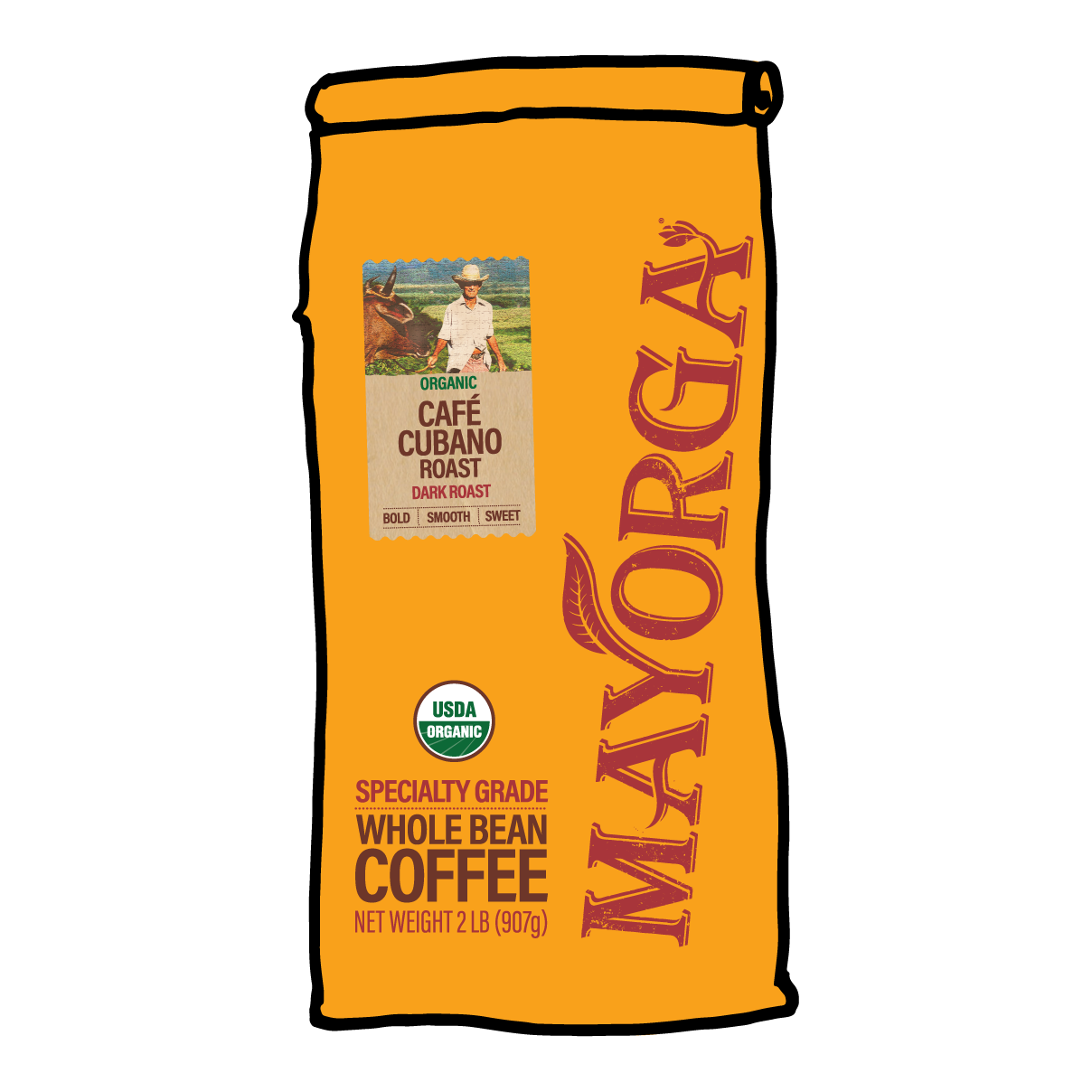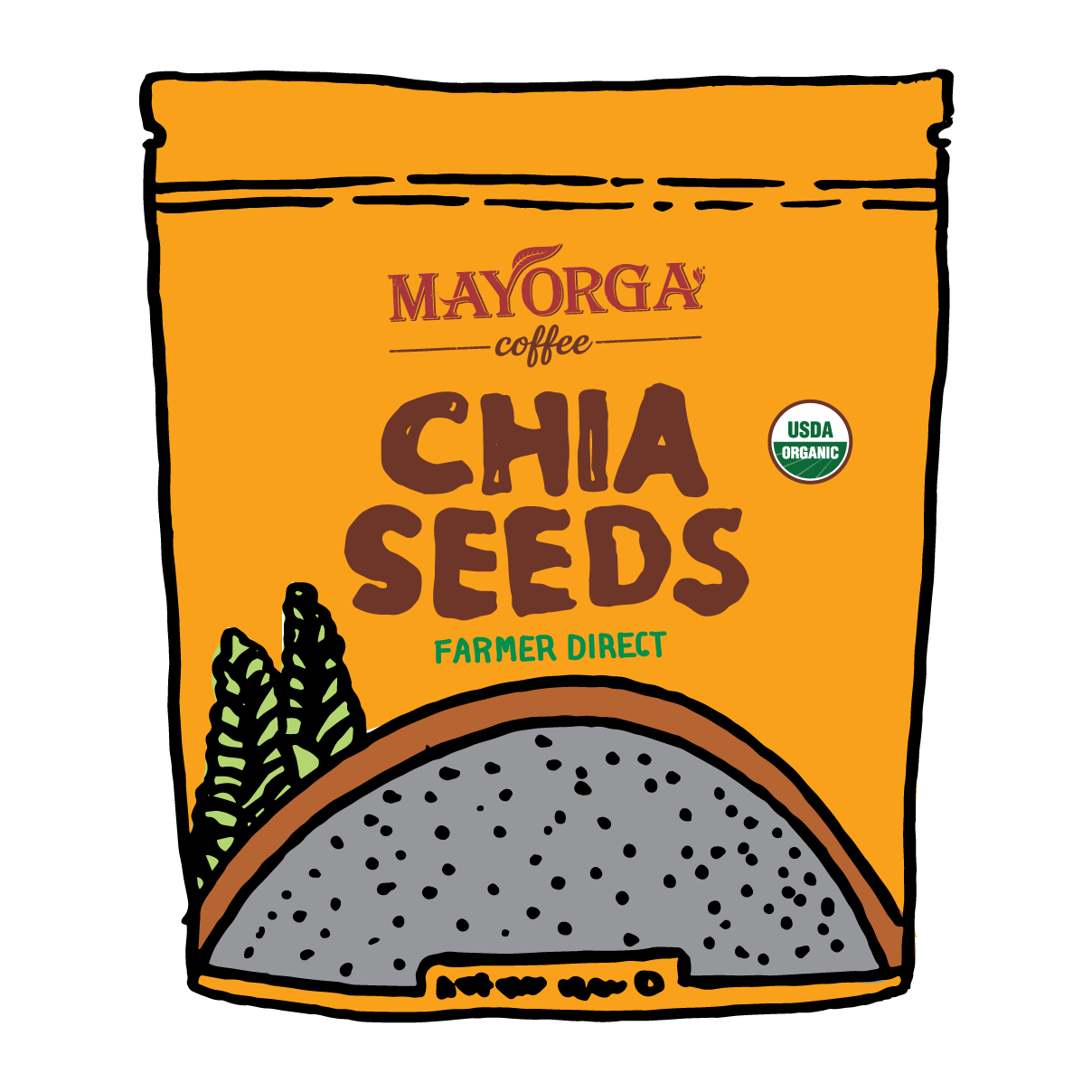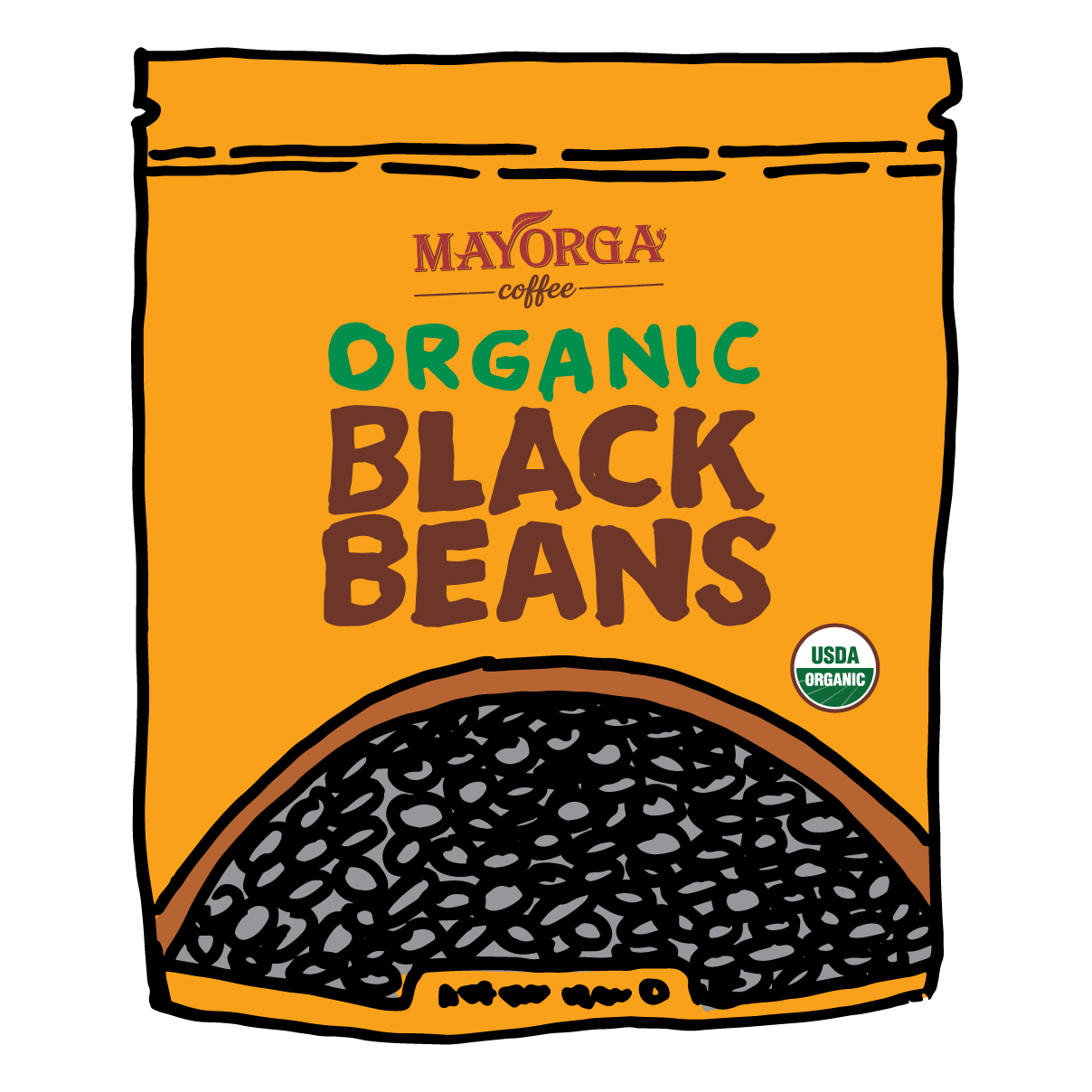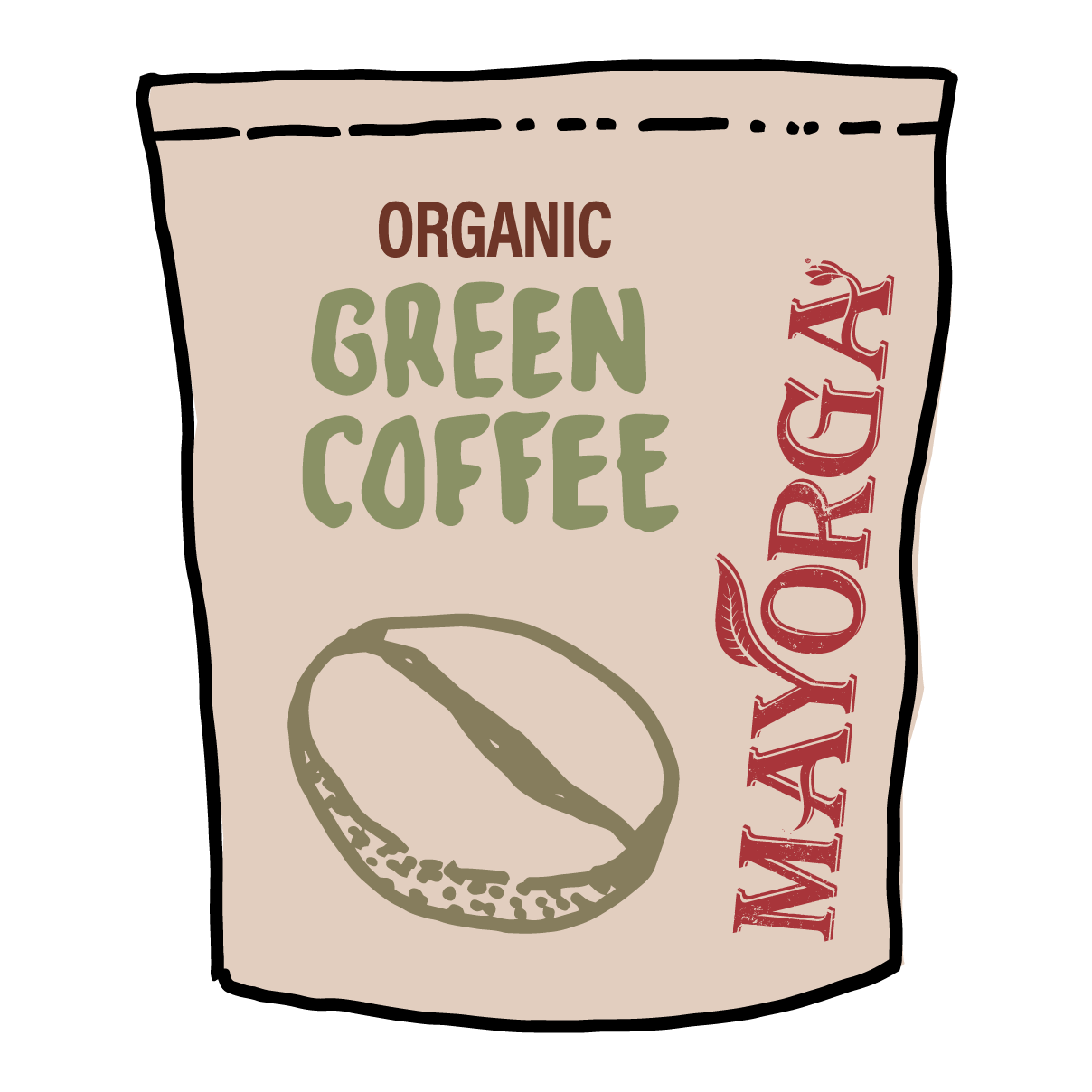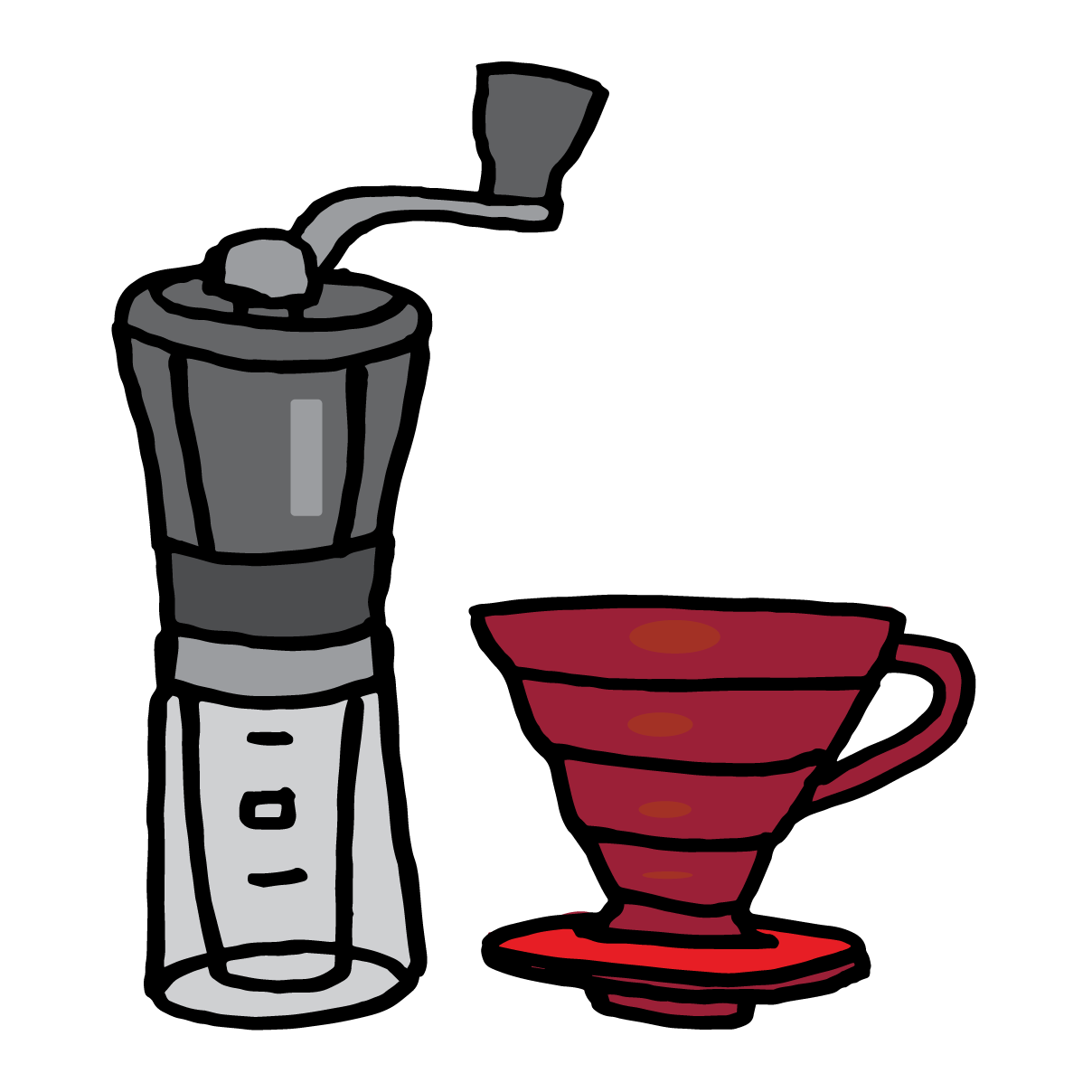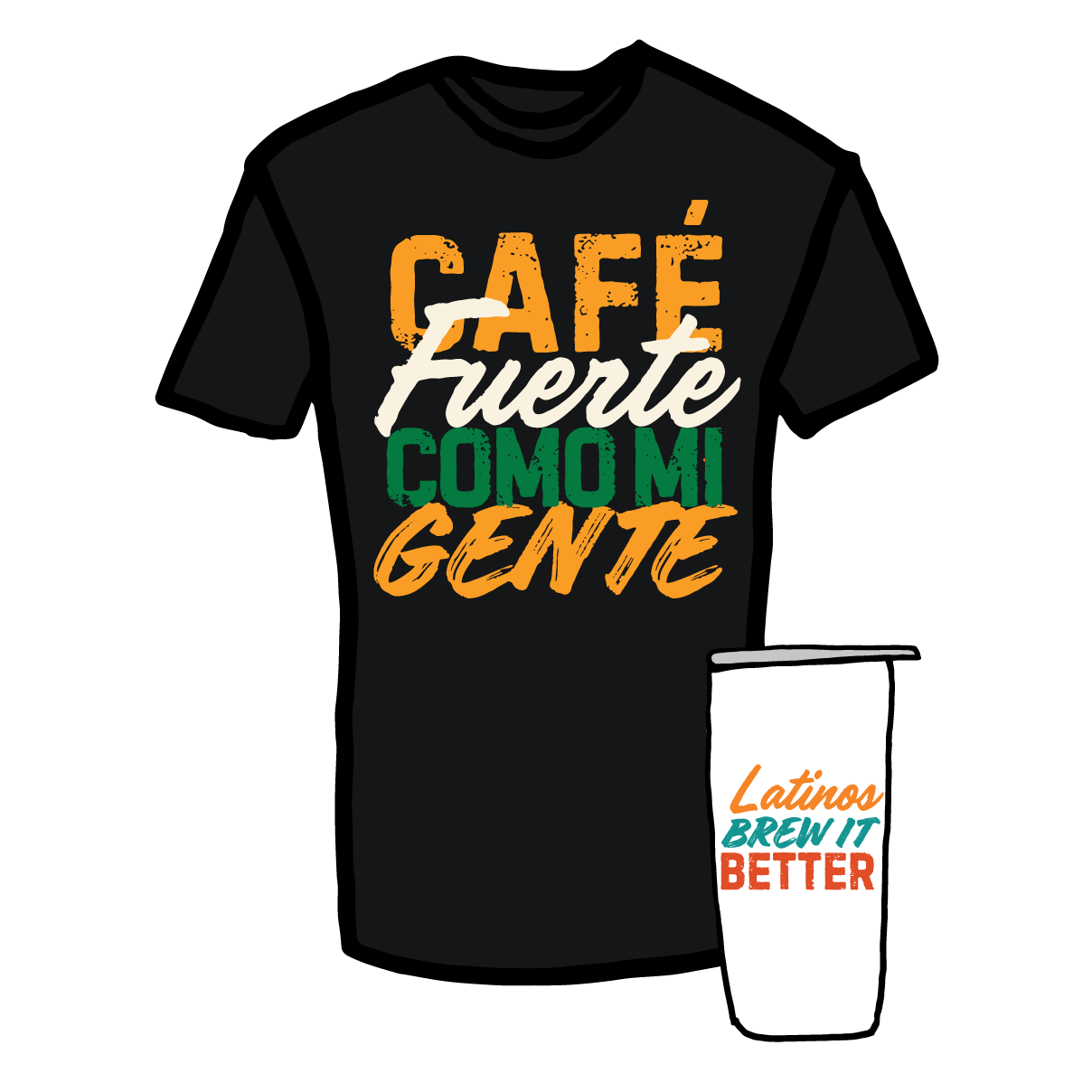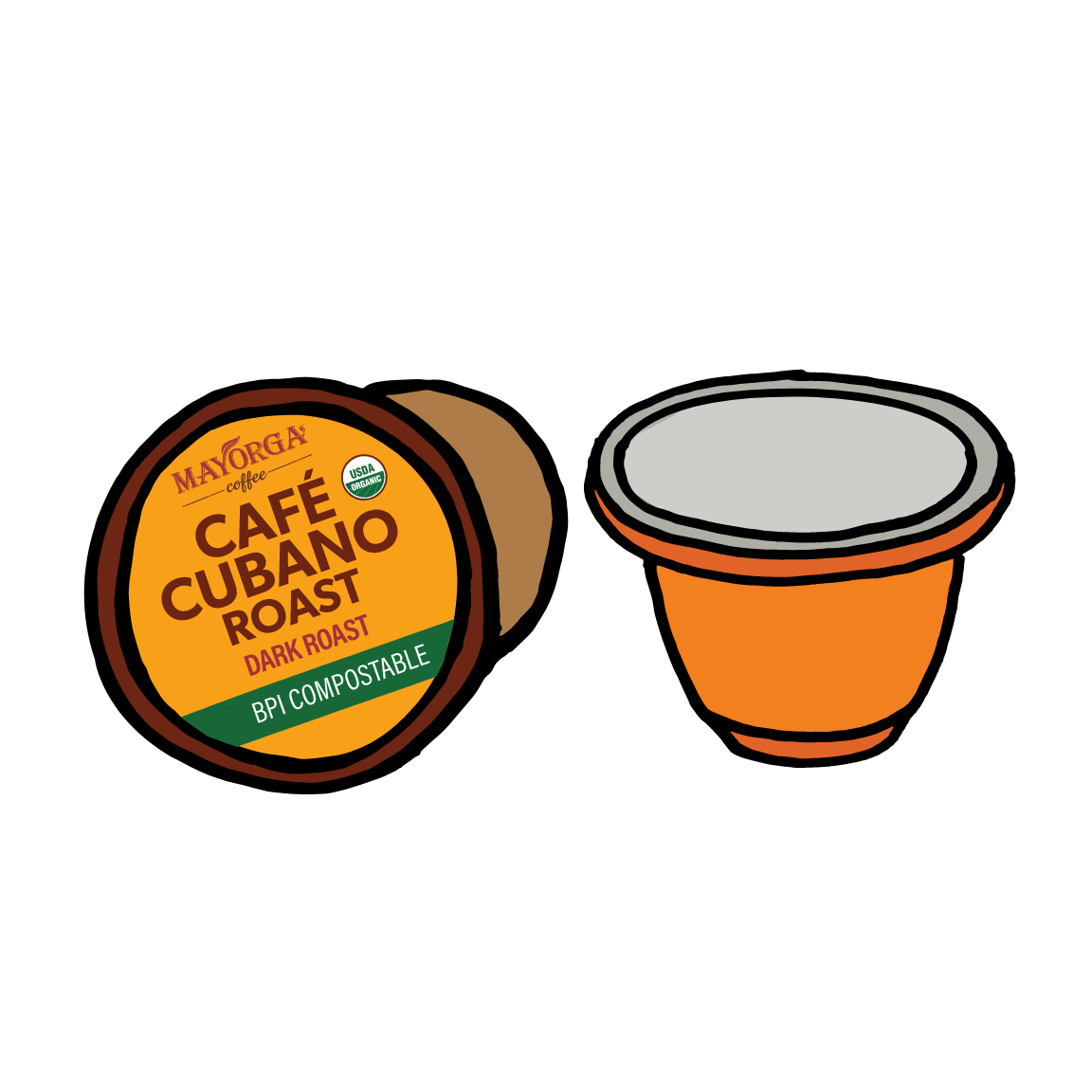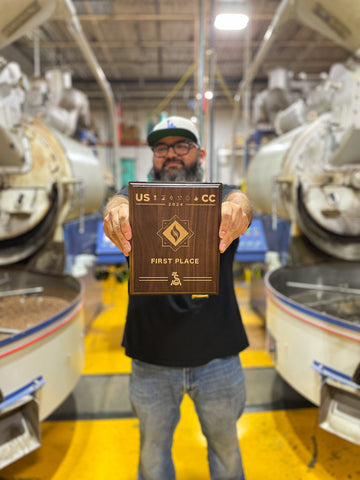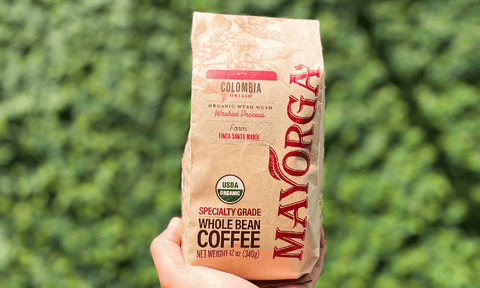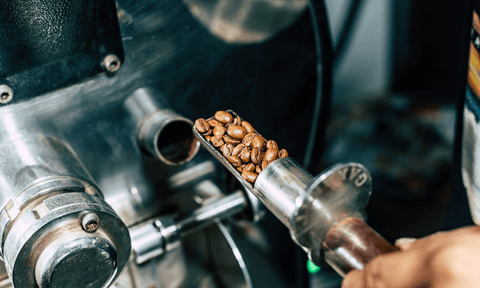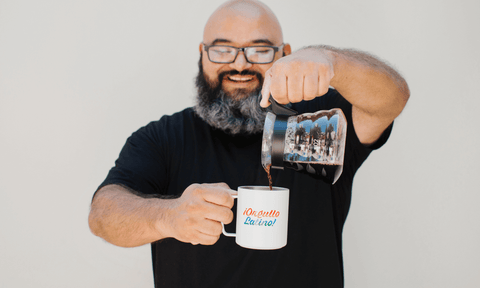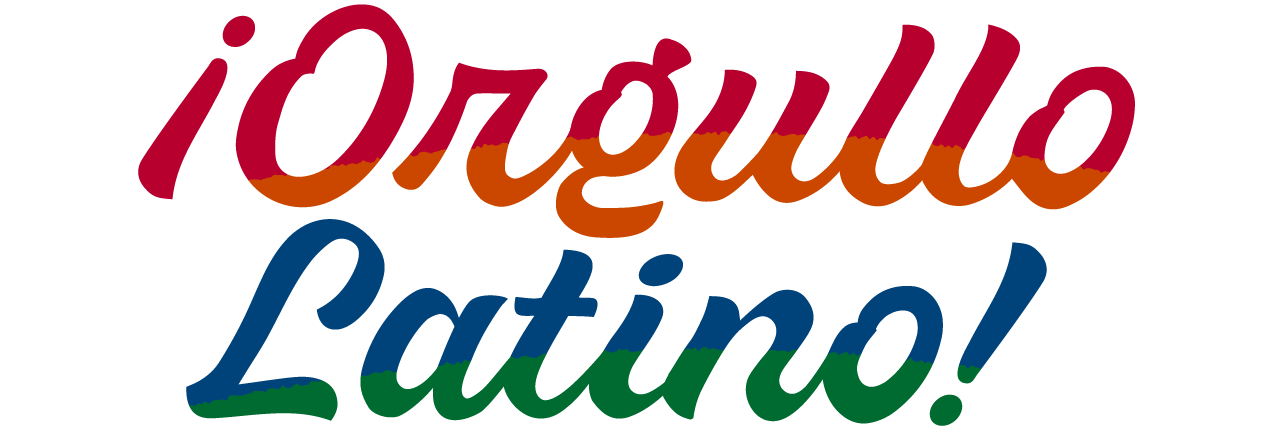We all know that drinking coffee makes us need to use the bathroom. But do the same rules apply for decaffeinated coffee?
Table of Contents
Once upon a time, the disparaging phrase “death before decaf” was bandied around the coffee industry with little care. It suggested, rather openly, that those who preferred coffee without caffeine were somehow inferior.
Yet today, the tables have turned and the popularity of decaffeinated – or decaf – coffee is at an all time high. According to recent estimates, decaf coffee now represents around 15% of all cups of coffee consumed in the US.
How is Decaf Coffee Made?
Underlying this pivot is a handful of pioneering companies, such as Swiss Water. The Swiss Water process uses only water, temperature, and time to gently remove caffeine.
Green coffee beans are first soaked in hot water to extract the caffeine and other soluble compounds. The water is then passed through an activated carbon filter, which removes the caffeine from the solution.
Once this is done, the caffeine-free water is used to soak a new batch of green coffee beans. For several hours, the beans soak until most of the caffeine is removed. They are then dried and roasted to produce delicious decaffeinated coffee beans.
The Swiss Water method removes approximately 99.9% of the caffeine. However, it preserves all the coffee’s original characteristics, resulting in a coffee that’s free of chemicals or residual processing flavors.
Thanks to Swiss Water and other methods of decaffeination, perceptions about decaf coffee have changed dramatically. As such, it is now a widely accepted drink around the world.

What are the benefits of decaf coffee?
For some, getting out of bed in the morning is only possible with the thought that there will be a coffee at the end of it to provide a much-needed jolt.
However, this isn’t always the case. Sometimes we just want a nice cup of coffee without the caffeine boost.
Decaf coffee provides exactly that. It preserves all the flavors and aromas we have come to expect from a delicious cup of coffee, just without the buzz afterwards. This carries a number of benefits:
- Decaf coffee can be consumed at any time of the day without the risk of disrupting sleep patterns. For those who have trouble sleeping, it allows them to continue enjoying their favorite drink without the worry of further disruption.
- Decaf coffee has been shown to contain many of the same antioxidants and beneficial compounds found in regular coffee.
- Pregnant women are often advised to limit their caffeine intake. Decaf coffee, therefore, can offer a good alternative for those expecting.
- Decaf coffee can be consumed by people who are sensitive to caffeine. Some people are more sensitive to caffeine than others, and therefore decaf coffee can help them enjoy the flavor of coffee without any negative side effects.
Is decaf coffee a diuretic?
It’s no secret that drinking coffee makes us need to use the bathroom. This is because caffeine in coffee acts as a mild diuretic (it makes you pass urine more frequently).
When you drink a caffeinated cup of coffee, it causes the body to send signals to your pituitary gland that inhibits the production of the ADH hormone. This, in turn, tells the kidneys to temporarily stop reabsorbing water. This will increase the excretion of water via urine and is the reason you have to urinate after you enjoy your favorite brew.
It is often asked, therefore, whether decaf coffee is a diuretic, as it contains significantly less caffeine (most decaf coffees still contain a tiny percentage).
The short answer is no – decaf coffee is not a diuretic. Because it typically has very little caffeine, the effects from drinking caffeinated coffee are far less pronounced.
Indeed, a 2015 study published in the American Journal of Physiology-Renal Physiology found that drinking decaffeinated coffee did not have a significant diuretic effect in healthy adults.
This is supported by research in the European Journal of Epidemiology in 2011, which found no significant difference in urine output between individuals who drank decaffeinated coffee and those who drank water.
Whether you're a coffee lover looking to cut back on caffeine or simply looking for an alternative drink to enjoy in the evening, organic decaf coffee may be the perfect choice for you.
Why organic, you ask. It's important to choose an organic decaf coffee because the beans will not be exposed to chemical pesticides, or synthetic insecticides, fungicides and fertilizers. Evidence shows that organic coffee beans contain more nutrients and you have the added benefit of knowing that it's simply better for you.
Mayorga Coffee offers two delicious Swiss Water organic decaf coffees. We have our iconic organic Decaf Café Cubano Roast, which maintains all the delicious flavors and aromas just without the caffeine, and Decaf Honduras Capucas, a medium roast organic coffee grown organically by a small farmer co-operative.
